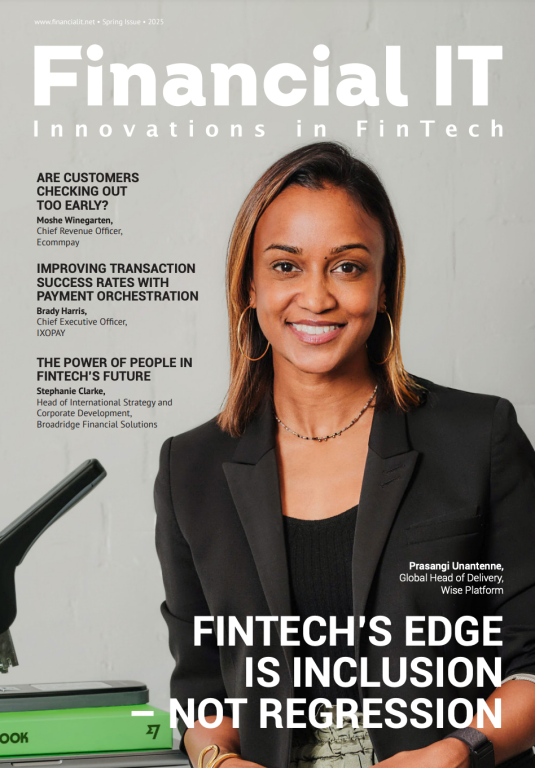Why Fintech Companies Are Requested to Have Segregated Bank Accounts

- N/A, N/A at N/A
- 30.09.2020 06:30 pm Segregated Accounts
For a trader who is looking for a Forex broker, reliability becomes the main criterion. As soon as a person meets a company that guarantees the safety of funds, thanks to the presence of a segregated account, he is immediately ready to give his money and start cooperation. However, is it so safe, and what are segregated accounts in general? Almost all traders periodically doubt the honesty of the company they work with and only calm down when they hear about segregated accounts. It is necessary to understand whether they are doing the right thing, or can the fears still be justified?
What is a segregated account?
This is the type of account in which companies keep their clients' money. Thus, there can be no broker money on such an account. A segregated account is opened with a clearing bank, so the company's employees do not have access to it.
It should be said that besides brokers a lot of banks use this system so that they can protect their customers’ money.
Why is this done? For the safe storage of traders' funds. At the same time, the client remains calm that his money is safe. Of course, this approach to storing funds is encouraging. After all, if something happens to the company, for example, bankruptcy, then the clients' money will not suffer. In short: by opening an account with a company that claims to have a segregated account, the customer's deposit will be held directly in this type of bank account.
However, we should note that business models of MetaTrader4 brokers don't necessarily correlate with segregated account strategies no matter how much they may be implying on it.
Which brokers offer segregated accounts?
Recently, almost every newly created broker offers such a service. A trader, seeing this, thinks that there can be no deception and opens a deposit with the first broker with a segregated account. He believes that he will not be deceived here.
Of course, large brokers have segregated accounts. These are the companies that have been on the market for more than one or two years. Their main distinguishing quality can be considered a fairly large deposit, by no means a cent. They have licenses from well-known recognized regulators. You can trust such companies because they are time-tested.
But, only public companies, which are registered in offshore zones, but claim to have segregated accounts, should alert traders. It is not easy to recognize such scammers, but it is possible to assume and rely on some factors. Lack of a license or a dubious license, a small minimum deposit are indirect signs that may indicate that the statements of this broker are fraudulent.
In general, there are more and more such companies now. Novice traders indulge themselves with the thought of minimum deposits and rejoice in the ghostly reliability, thanks to the phrase "segregated accounts" in the broker's description.
Advantages and disadvantages of segregated accounts
Since everyone loves segregated accounts so much, then they certainly have advantages and we can understand why fintech companies are required to have them:
- Separation of traders' funds from company funds, which adds confidence in their safety;
- The company has no fraudulent intentions, it does not have access to funds;
- Chargeback capability, because all transactions go through the bank where the segregated account is opened;
- The last point is worth dwelling on in more detail. Today, many traders use chargeback when they want to get their funds back from a fraudulent broker. This is the only way to get your money back. The main thing is to have with you bank statements of transactions made during the agreed period and you can safely apply for a refund. Of course, there are many subtleties in this matter that you need to know about, but you can always contact a company that specializes in refunds. The main thing is to figure out who you can trust. In the case of segregated accounts, the client can be sure of the return of funds in the event of force majeure.
It all sounds pretty nice. You might even think that segregated accounts have no downsides. However, it is not. Brokers who have such an account have one significant disadvantage: the presence of a high minimum deposit.
A segregated account is one of the regulatory requirements. Therefore, large companies have to open them in order to obtain a license. And the more authority the regulator has, the more stringent its requirements for companies. Hence, the size of the deposit appears not in 100 dollars, but several tens of times more.
Help or broker trick?
It is impossible to answer this question unambiguously. After all, we have already learned that if a broker really has a segregated account, then it provides its traders with reliability and restful sleep. Even in the case of force majeure, they can show all statements by means of a chargeback to get their money back.
But there are also scammers who have not taken care of the license but claim to have a segregated account. It is up to the trader to decide whether to invest or not there. Indeed, besides this, they have the opportunity to open a cent account, which they cannot do with brokers with segregated accounts.
Conclusion
We mainly talked about the Forex industry but it is the most prominent field where segregated accounts are used so that customers can be protected from scams. But other fintech companies are also looking forward to incorporating this type of account, because of the fact that in a modern world where scams and frauds are rampant it is always a good idea to protect oneself.




















